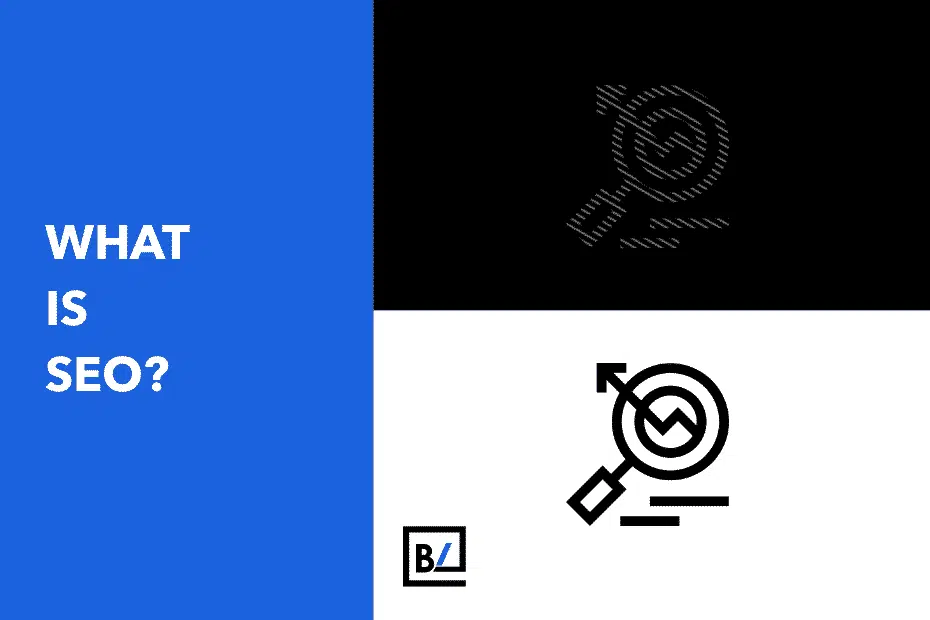Search Engine Optimization (SEO) is the process of increasing the number of visits to a website by ensuring that it appears towards the top of a search engine’s list of results.
You’ve undoubtedly heard a hundred times that Search Engine Optimization (SEO) is an important digital marketing strategy, but even if you know what it is, you might not have a firm hold on this complex and nuanced beast.
SEO is made up of a variety of components, and understanding what they are and how they work is crucial to comprehending why SEO is so vital. In a nutshell, SEO is important because it increases the visibility of your website, which means more visitors and the opportunity to convert prospects into customers.
It’s also a great way to raise brand recognition, develop relationships with prospects, and establish oneself as a knowledgeable and trustworthy authority in your sector. So, without further ado, here’s everything you need to know about SEO.
The Most Important SEO Elements
Keywords
The days of keywords being the only SEO approach that counted are long gone, but that doesn’t mean they aren’t still important. The difference today is that in order to be effective, keywords must be well-researched, properly chosen, and sparingly employed in your content. But, exactly, what are keywords? Keywords are words and phrases that customers use to find online material, and that brands can use to interact with customers looking for their products and services.
When looking for keywords, seek for ones with high search rates and low competition, and incorporate short-tail keywords (like food), long-tail keywords (like Mexican taco dish), and local keywords (like Mexican food in New Orleans) into your content. Keywords can also be used to improve the titles, URLs, and other on-page SEO factors.
Content
Because content is the vehicle you use to reach and engage audiences, it is an essential component of SEO. For example, if you run a small business and want to boost your visibility, you could write a series of blogs about the products you sell and incorporate how-to topics for your products. When someone looking for knowledge about your product does a search, your blog would appear in the search results, and you’d be able to create a relationship with that individual by offering useful information. You’d be the first small business that came to mind if that prospect needed to buy your specific product. Today’s content must be both informative and entertaining, as well as topical, engaging, and shareable.
Content comes in a variety of forms, including:
- Blogs
- Infographics
- Local Listings
- Podcasts
- Social Media Posts
- Videos
- Web Page Content
- Whitepapers and e-Books
Off-Page SEO
External optimization tactics that take place outside of your site rather than on it are referred to as off-page SEO. Backlink building is the most common off-page SEO approach since excellent backlinks from external sites inform search engines that your site is valuable and high-quality, which increases authority.
Guest blogging, making a lot of infographics that will be widely shared, and citing influencers in your content are just a few of the current best practices for backlink building.
Local SEO
As more people use mobile devices to search, local SEO is becoming increasingly vital. Tablets and smartphones now account for 57% of all searches, with half of those searches having a local purpose.
If you owned a gym, for example, local SEO would ensure that visitors in your neighborhood found your website while looking for the top workout facilities in town. Other local SEO best practices include claiming directory listings, establishing location-specific pages for your website, and creating pages for your business on Google My Business, Google+, and Google Maps, in addition to employing local keywords.
Search Engine Marketing
Paid marketing activities such as native ads, Google AdWords, social media ads, pay-per-click, Google shopping ads, display ads, and more are referred to as search engine marketing (SEM).
Although search engine marketing (SEM) isn’t normally a big part of an overall SEO plan, it has its place because it can help you reach new, highly focused consumers.
Conclusion
As you can see, SEO is a multifaceted endeavor involving a variety of approaches, tactics, and best practices. Moreover, these best practices are always evolving as consumer and web-user behaviors change, as new technologies emerge, and as search engines change their algorithms. However, SEO is still crucial for any company that wants to be found online, so your efforts are well worth it.

